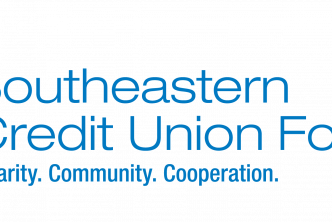 The National Credit Union Administration (NCUA) and the U.S. Treasury Department’s Community Development Financial Institutions Fund, Monday, signed an agreement that will streamline the application process for low-income credit unions to become certified as Community Development Financial Institutions (CDFI).
The National Credit Union Administration (NCUA) and the U.S. Treasury Department’s Community Development Financial Institutions Fund, Monday, signed an agreement that will streamline the application process for low-income credit unions to become certified as Community Development Financial Institutions (CDFI).
Credit unions that obtain CDFI certification can access training and competitive award programs provided by the CDFI Fund, and these resources can aid these institutions’ capacity to provide underserved communities with access to safe and affordable financial services.
“This Memorandum of Understanding opens up enormous possibilities for credit unions,” NCUA Board Chairman Debbie Matz said. “By facilitating the CDFI application process and, ultimately, increasing the number of certified CDFI credit unions, we’re laying the foundation for greater access to affordable financial services and more investment in local communities. This will help credit unions better serve members and communities that have been difficult to reach, and that will help more people build wealth and more secure financial futures for themselves and their families.”
“CDFIs nationwide are making a real difference in low-income communities by providing consumers with safe and affordable financial services and by providing neighborhood businesses with access to capital,” CDFI Fund Director Annie Donovan said. “Many low-income credit unions are already performing this important work, but need more support. By partnering with NCUA to increase the number of credit unions certified as CDFIs, we will not only expand access to the CDFI Fund’s programs but also reach more unbanked and underbanked individuals.”
“We’re looking forward to helping more credit unions become certified as Community Development Financial Institutions,” said William Myers, director of NCUA’s Office of Small Credit Union Initiatives. “We’re going to be able to help credit unions save time and money in the certification process and bring more recognition to what credit unions do so well.”
This action launches a plan with a goal of doubling the number of certified CDFI credit unions by the end of 2016. Increasing the number of certified CDFI credit unions could significantly expand funding that can be used to offer financial services to underbanked low-income individuals and make investments in local businesses, affordable housing, and community facilities.
There are currently 295 credit unions certified as CDFIs. The majority of these also hold NCUA’s low-income credit union designation.




